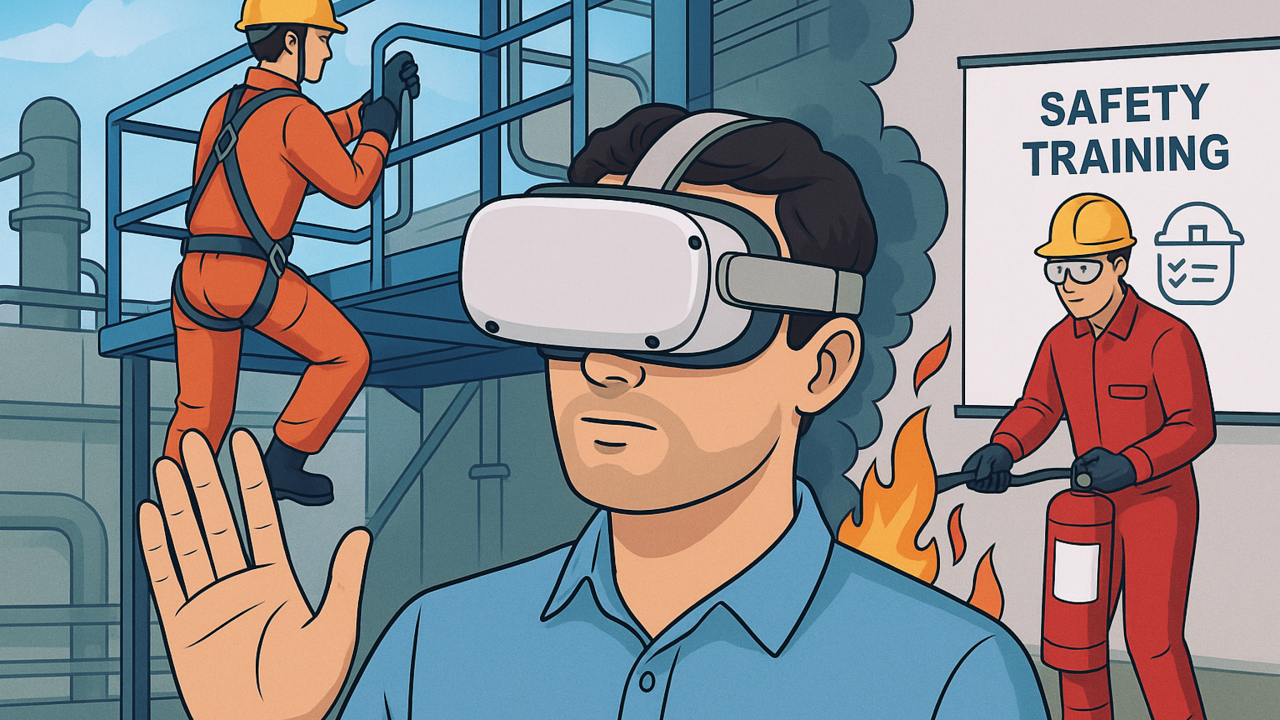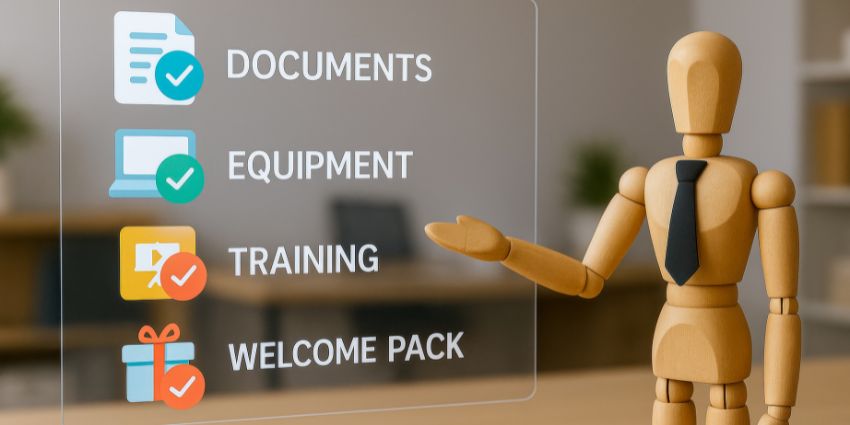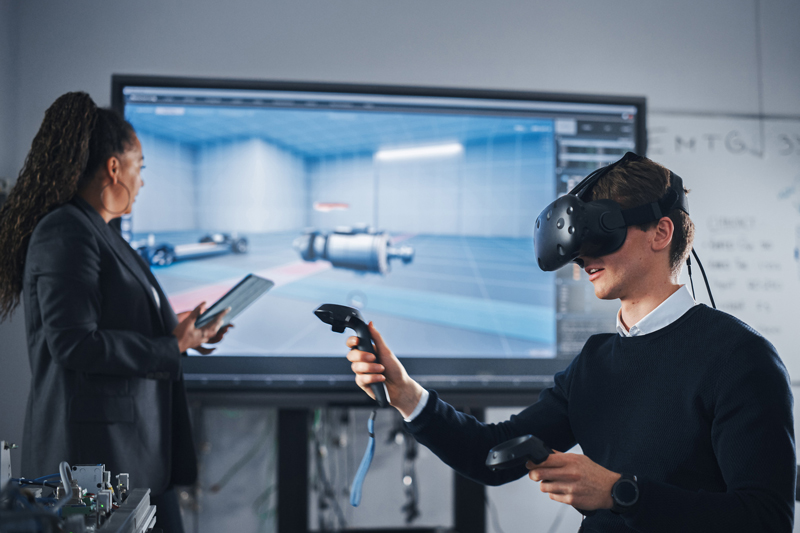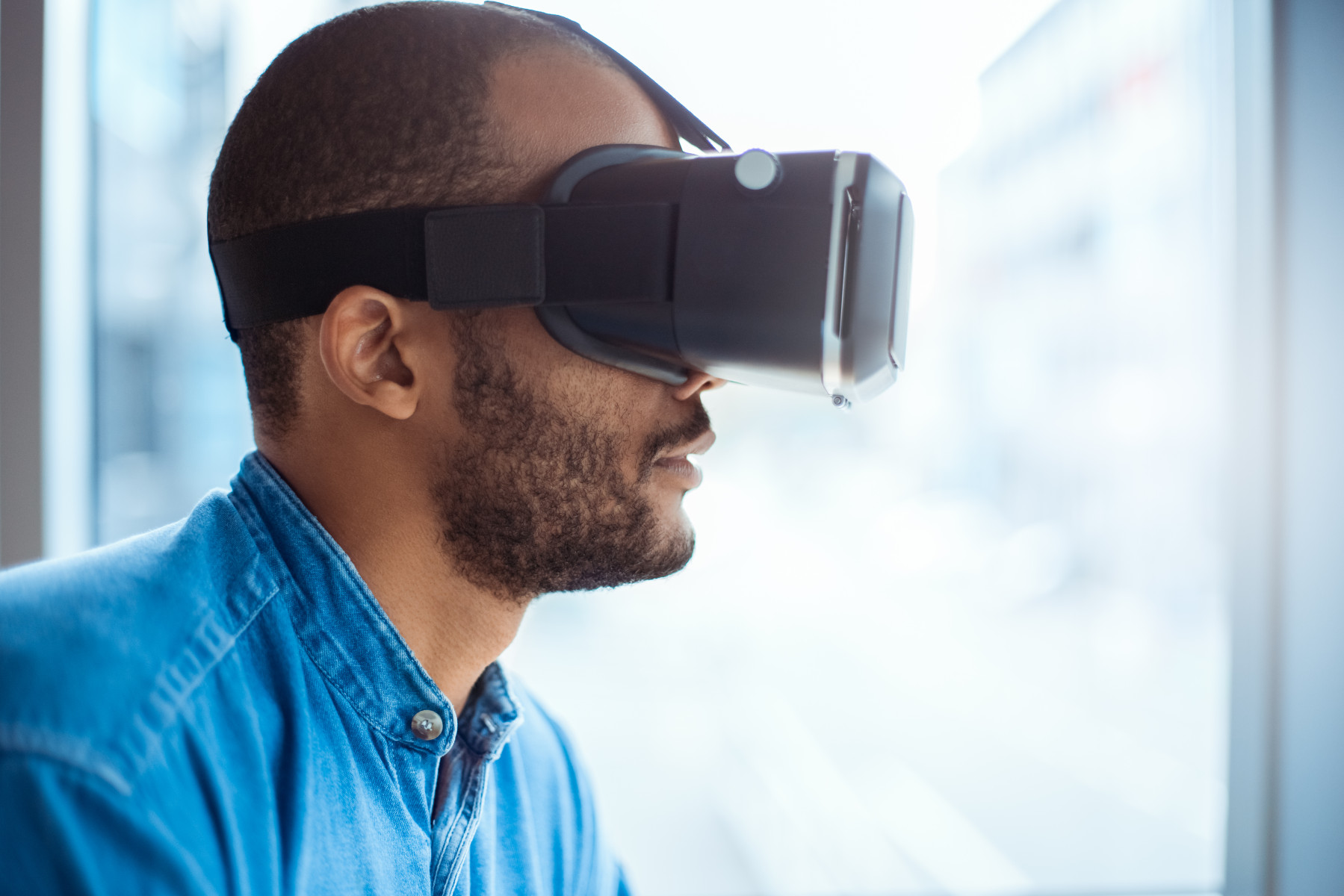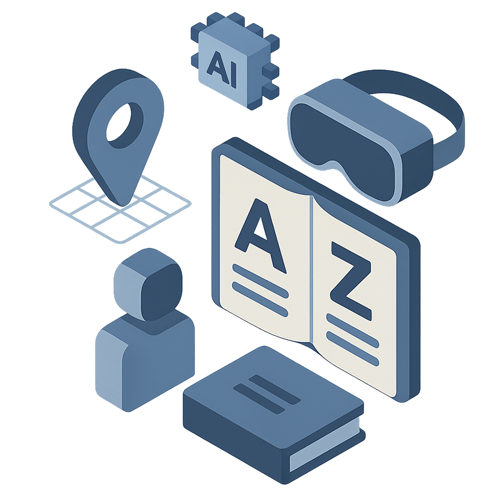The Problem: Traditional QHSE Training Isn’t Working
A friend of mine, a safety officer at a major manufacturing company, once shared a story that stuck with me. During a routine fire drill, a new trainee—despite having completed all the required onboarding, including PowerPoint slides, videos, and manuals—froze when the fire alarm and smoke simulation were activated. He panicked. He didn’t move. Didn’t follow procedure. Just froze.
That moment revealed a harsh truth: traditional QHSE training methods are falling short.
Here’s what many Health & Safety leaders already know but hesitate to say out loud:
❌ Employees forget 70% of training content within two days if it’s passive (e.g., video or slides).
❌ Live drills are expensive and logistically tough—plus, they can only cover so many real-life scenarios.
❌ Training lacks engagement, especially for blue-collar or field workers with low digital familiarity.
❌ One-size-fits-all doesn’t work—different roles and risk profiles demand role-specific training.
If you’re still relying solely on PowerPoint decks, printed manuals, or YouTube links, you’re not preparing your workforce for real emergencies.

✅ The Solution: Immersive, Interactive & Gamified Safety Training
Immersive training with VR, PC, or mobile devices creates a simulated, high-fidelity environment where users practice responding to real risks—without facing real danger.
Imagine these real training scenarios:
- A worker wears a VR headset and navigates a scaffolding platform, practicing how to tie harnesses correctly.
- Another uses a computer module to detect gas leaks in a confined space.
- A mobile/computer -based simulation walks users through step-by-step fire extinguisher operation—with instant feedback.
How It Helps:
✅ Builds muscle memory and instinctive response
✅ Creates a safe space to fail and learn
✅ Allows repetitive, scalable, self-paced learning
✅ Improves retention and risk awareness
And for companies with budget or hardware limitations, interactive PC/mobile training modules offer high ROI while avoiding the costs of VR deployment.
📊 Business Impact of Immersive QHSE Training
Companies using immersive training report:
- 🔻 43% fewer incidents within the first 6 months
- 🚀 30–50% faster onboarding for new workers
- 💰 Up to 40% cost savings on repeated safety training
- 📈 Increased compliance and better audit performance
🌍 Who’s Already Doing This?
Industry leaders are setting the pace:
- Shell, Chevron, and BP have integrated VR simulations for high-risk training like offshore evacuation and confined space entry.
- Major construction and logistics firms use VR to simulate crane operations, fall prevention, and chemical handling.
🎯 What We Offer at Aura Interact
At Aura Interact, we’ve developed ready-to-deploy immersive and interactive QHSE training modules, available in VR and PC versions.
Our modules include:
- Work at Height Simulation
- Confined Space Entry Training – Shipping
- Fire Safety Simulation
- Confined Space Entry & Exit – Storage Tank
- General Shipyard Safety Training
- Work at Height Training (Scaffold)
- Crane Rigging & Safety Training
- Industrial PPE Selection Training
- Firefighting Equipment Selection Training
These are designed with gamified scenarios, realistic 3D environments, and built-in assessments to drive learning outcomes. We can also develop a fully customized version tailored to your specific needs.
🤝 Let’s Connect: A Note to QHSE Leaders
If you’re a QHSE leader, here’s the hard truth:
✅ You’re one incident away from being forced to upgrade your training.
✅ Why not stay ahead—and protect lives and your bottom line?
👉 Connect with us at https://aurainteract.com for a free consultation or a custom demo.
Quelle:


